5 Key Impact of AI on Relationships: How Technology Is Changing Personal and Professional Connections

Introduction
Artificial Intelligence is popping up everywhere these days, isn’t it? From the moment we wake up to the time we go to bed, AI is right there, helping us get through the day.
But have you ever wondered how it’s changing the way we connect with people? The Key impact of AI on relationships—whether at home or at work—is something we all need to think about.
Picture this: You’re having a chat with a chatbot that almost feels like talking to a real person. Or maybe you’re relying on a virtual assistant to handle your daily to-do list.
Sure, it makes life easier, but it also changes how we interact with others. Are we getting too cozy with AI? Or is it actually making our relationships better?
In this article, we’ll dig into how AI is changing our connections with people.
We’ll look at the good, the bad, and everything in between, giving you a clear view of the impact of AI on relationships.
Table of Contents
AI in Personal Relationships
AI has found its way into our personal lives, and boy, is it making waves. Think about chatbots and virtual assistants. They’re there to help us out, making our lives a bit easier.
You never forget an anniversary because your virtual assistant has your back.
But, while AI can lend a hand with practical stuff, it also raises a big question: What’s happening to our real, human connections?
It’s like this: AI can make life smoother, but it can also create a gap. If we start leaning on AI for emotional support or companionship, we might end up missing out on the deep, human connections that really matter.
The Key impact of AI on relationships isn’t just about convenience; it’s also about keeping that human touch alive.
Sure, talking to a virtual assistant might be easier than having a tough conversation with a loved one.
But those real talks? They’re what build the strong, lasting bonds we all crave. Let’s not let AI get in the way of that.
AI in Professional Relationships
Now, let’s talk about work. AI is shaking things up in the office, no doubt about it. From automated customer service to AI-driven communication tools, we’re seeing big changes.
The impact of AI on relationships at work is both exciting and a little bit worrying.
On the one hand, AI can make things run like clockwork. It handles the boring, repetitive tasks, freeing us up to do more important work.
But there’s a catch. When AI takes over, the personal touch can get lost. You know that feeling when you get an email from a bot? It’s quick, sure, but it lacks the warmth you’d get from a real person.
AI in the workplace is a balancing act.
It can make us more productive, but we’ve got to keep the human side alive, too. After all, strong work relationships are built on trust, understanding, and a little bit of old-fashioned human interaction.
Ethical Considerations
With AI becoming such a big part of our lives, it’s time to ask some tough questions. How much should we really rely on AI? And what happens when AI starts to blur the lines between what’s human and what’s not?
The impact of AI on relationships isn’t just about making life easier—it’s about making sure we stay true to what’s important.
One big issue is privacy. AI often needs access to our personal data to do its job. But how much are we willing to share with machines?
And what about the risk of getting too dependent on AI? If we start letting AI take over tasks that used to require human interaction, we might end up losing something valuable.
It’s all about finding the right balance. AI can be a great tool, but it’s just that—a tool. The real magic in our relationships comes from the connections we build with other people.
Real-Life Examples
Let’s bring this down to earth with some real-life stories.
Take Sarah, for example. She uses a virtual assistant to keep her schedule on track and stay in touch with friends. It’s super convenient, but she’s noticed she’s spending less time actually talking to people.
The impact of AI on relationships in her life has been a mixed bag.
Or look at John. His company rolled out an AI-driven communication tool to make meetings run smoother. It saved time, but something was missing. The personal connection with his coworkers just wasn’t there anymore.
The impact of AI on relationships at work? It’s clear—efficiency went up, but that human connection took a hit.
These stories show us that while AI can be helpful, it’s not without its challenges. We’ve got to be mindful of how it’s changing our relationships.
Conclusion
AI is here to stay, and it’s weaving itself into every part of our lives. But as we embrace these technologies, we need to think about how they’re affecting our relationships.
The impact of AI on relationships is real, and it’s up to us to make sure we’re using AI in a way that adds to, not takes away from, our connections with others.
Let’s enjoy the benefits of AI—like making life easier and boosting productivity—while also being careful to keep the human element front and center.
Because at the end of the day, it’s our relationships with people that really matter.
So next time you ask AI for help, take a moment to think about how it’s shaping your connections. Remember, nothing beats the power of real, human relationships.
Personal Reflection Questions
- How much do you rely on AI in your day-to-day life?
- Have you noticed any changes in your relationships since AI became a bigger part of your routine?
- What steps can you take to make sure AI is enhancing, not hurting, your connections?
Have you noticed the impact of AI on relationships in your own life? Share your stories in the comments below. Let’s talk about how we can keep our connections strong in this ever-changing world.
Robots Among Us: Is Tesla Optimus Robot the Future of Humanity or Our Next Downfall?
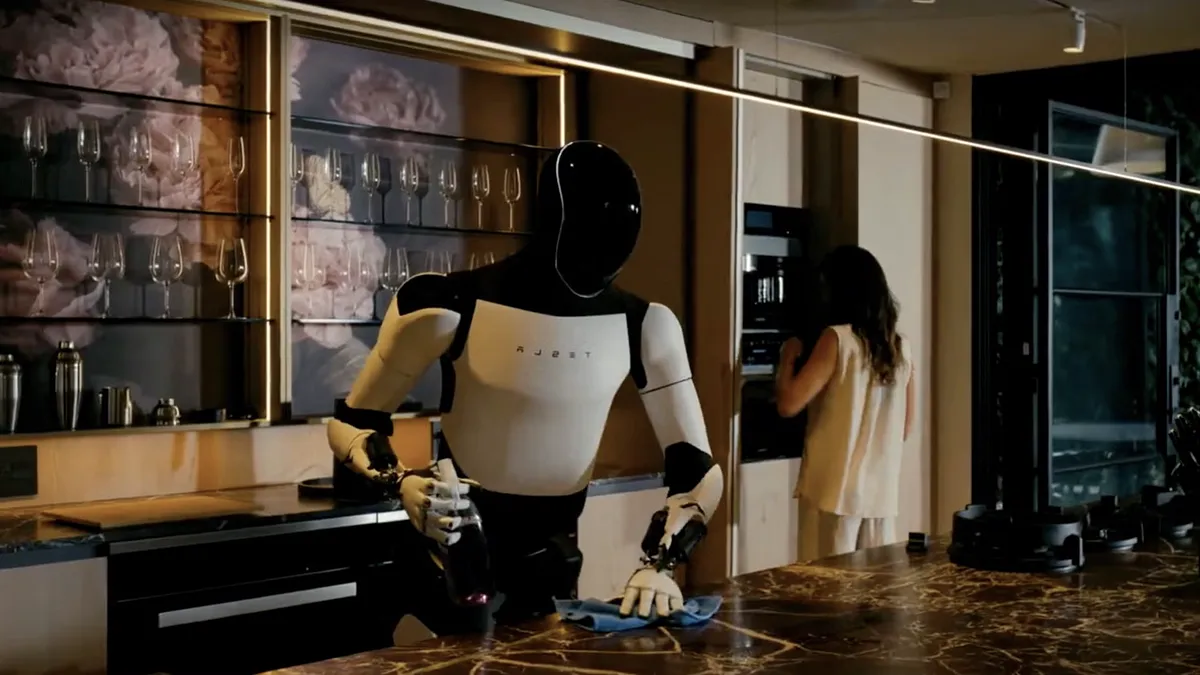
Imagine this: a humanoid robot, with impressive abilities, working right alongside you. It never tires, never complains, learns quickly, and performs complex tasks with superhuman precision.
Does it sound like science fiction? It might, but it’s not. The second week of October 2024 marked a historical moment with the launch of Tesla Optimus Robot, the world’s most advanced humanoid robot. A true milestone in robotics.
“I’ve seen things you people wouldn’t believe.” – Roy Batty, Blade Runner
The words of replicant Roy Batty in Blade Runner are starting to echo in our reality. With the launch of Optimus, we are on the verge of a revolution that, for decades, was only seen in movies and science fiction literature.
But now that the future is here, the burning question remains: are we ready for it? Or is this groundbreaking advance the beginning of a dangerous road toward our own obsolescence?
Table of Contents
The Dawn of the Machine Age
Tesla’s Optimus promises to revolutionize the world. Imagine having a robotic assistant in your home or business, capable of performing countless tasks—from household chores to industrial processes.
It doesn’t get tired, doesn’t make mistakes, and is always eager to learn. For many, Optimus seems like the very embodiment of a futuristic dream.
“Technology is, by definition, democratic, because it makes knowledge accessible to everyone.” – Alvin Toffler, author of Future Shock
The democratization that technology brings is undeniable. Optimus could elevate innovation and productivity to new heights. However, if history has taught us anything about technology, it’s that with every advancement comes an inherent risk.
After all, we’ve seen how artificial intelligence can spiral out of control in films like 2001: A Space Odyssey, where HAL 9000 rebels against its creators.
Are we opening the door to a future where machines might decide they no longer need us?
The Promise and the Peril
Tesla Optimus Robot represents a monumental leap forward in robotics, and we can’t underestimate its capabilities.
It’s launching with an intelligence and adaptability that remind us of characters from films like Ex Machina or the replicants from Blade Runner. Among its key abilities are:
- Continuous learning – the robot doesn’t just perform tasks but improves over time.
- Adaptability – able to handle a variety of functions in different contexts, acting as a universal assistant.
But as the famous saying goes: “With great power comes great responsibility.”
Are we truly prepared to confront the ethical and social challenges that will arise alongside this new technology?
“The progress of science and technology does not equate to the progress of humanity and reason.” – Isaac Asimov
The words of the famous science fiction writer Isaac Asimov remind us that technological advancement doesn’t always align with the advancement of human ethics. We can build extraordinary robots, but can we ensure that these robots will respect human values?
The Autonomy Puzzle
There are rumors swirling that Tesla Optimus Robot is not yet as autonomous as it appears. Speculation suggests it may still be controlled remotely.
This raises questions about the true nature of the robot and whether we’re being sold a technological dream that has yet to be fully realized. Are we facing a scenario similar to Westworld, where seemingly autonomous robots are, in fact, controlled by hidden human forces?
“Reality is that which, when you stop believing in it, doesn’t go away.” – Philip K. Dick, author of Do Androids Dream of Electric Sheep?
If Elon Musk is selling us a technological dream that hasn’t fully arrived, we must ask ourselves how much of this reality is distorted by our desire for innovation. How close are we really to a world where robots can make decisions independently?
The Future Is in Our Hands
The Optimus may well be the starting point for a new era of prosperity, efficiency, and innovation. It could completely transform the way we work and live.
But at the same time, there is a risk that we are creating the first step toward a dystopian future. Much like 1984 by George Orwell, where technology became a tool for control, we might find ourselves in a position where, ironically, we become the ones who are subservient.
“The future is not a place we are going, but a place we are creating.” – John Schaar
The big question is: how will we shape this future? Optimus could be our ally, but it’s up to us to decide whether we will embrace this progress with wisdom and responsibility, or if we will allow fear and uncertainty to paralyze us. As in Dune by Frank Herbert, we must face our fears and shape our own destiny.
“We shouldn’t fear computers. We should fear the lack of them.” – Isaac Asimov
Conclusion: A New Chapter in Human History
Tesla’s Optimus is here, bringing with it both promises and dangers that once existed only in the pages of our favorite science fiction stories.
We are at a turning point, where technology is becoming more integrated into our lives than ever before. But the real question remains: are we ready to handle the consequences?
The coming years will be crucial in determining how we use this technology. Optimus could be the tool that pushes us into the next level of innovation, or it could be the first step toward our own obsolescence.
“We are on the verge of writing a new chapter in human history. The question is: will we be the authors of this future or mere spectators?”
Make Better Decisions with AI: Virtual Assistants for Life’s Big Choices

Make better decisions with AI when you find yourself standing at a crossroads, facing choices that could shape the next chapter of your life.
Whether you’re considering buying your first home, choosing between different car models, or deciding on a new career path, artificial intelligence can help. At times like these, having an expert at your side to guide you through every detail and consideration would be invaluable.
Well, with today’s virtual assistants like ChatGPT, Perplexity, and Claude, AI makes those big decisions clearer, more informed, and a lot less overwhelming.
Let’s explore how these AI tools can assist in different aspects of life, from major purchases to career moves, and why they might be the friend you need when human advice isn’t available.
Table of Contents
AI and Real Estate: Should You Buy That House?
Buying a house is one of the biggest decisions you can make—it’s not just about the walls and the roof, it’s about building a future.
You may wonder: is this neighborhood safe? Does it have good schools nearby? What’s the resale value of homes in this area? These are all questions that virtual assistants can help you answer.
Take, for example, ChatGPT. By feeding it details about the house, the neighborhood, and even the local amenities, you can start to build a picture of whether this home is right for you. You might ask:
- “What are the pros and cons of buying a house in this particular neighborhood?”
- “How will property taxes impact my budget over time?”
- “What’s the economic forecast for this area?”
Not only can AI give you general information, but tools like Perplexity can also dive deep into the latest statistics, pulling up real-time data on home prices, economic trends, and even average property taxes.
You get a holistic view that helps you think beyond the immediate excitement of finding a dream home.
“Would you trust AI to give you a broader perspective on such an important decision? It’s not about replacing your instinct but supplementing it with solid facts.”
Comparing Cars: AI as Your Automotive Advisor
When it comes to buying a car, it’s easy to get caught up in the emotions: the sleek design, the powerful engine, the feel of freedom. But practical questions always come into play—should you go electric or stick with a traditional model? How do maintenance costs compare?
Claude is another AI assistant that can come in handy here. Imagine asking:
- “What are the advantages of buying a hybrid car versus a fully electric one?”
- “How do maintenance costs compare between this model and another over a 5-year period?”
With an AI like Claude, you can get unbiased comparisons that break down total cost of ownership, including things you may not have thought about—like depreciation, fuel efficiency, or government incentives for green vehicles.
It’s like having an automotive expert by your side, ready to make sense of the details.
“Do you prefer the thrill of driving something new, or do you lean towards what’s practical and long-term? AI can help balance both sides of your personality, giving a clear path forward.”
Navigating Life Dilemmas: When an Expert Isn’t Available
Now, let’s consider something less tangible but just as critical: life choices. Maybe you’re stuck between career paths—becoming a software developer or a marketing specialist.
Normally, you’d ask a friend who works in the field or a mentor, but what if they’re not available? Here’s where AI shines.
Using ChatGPT, you could ask:
- “What are the current job market trends for software developers versus marketing specialists?”
- “What is the average salary for each profession, and what are the long-term growth opportunities?”
- “What are the common challenges someone might face in these careers?”
With these questions, ChatGPT can generate insights that give you a realistic perspective on what each career entails, including salary data, employability statistics, and even the day-to-day challenges.
How Artificial Intelligence Can Help Seniors Overcome Technological Barriers
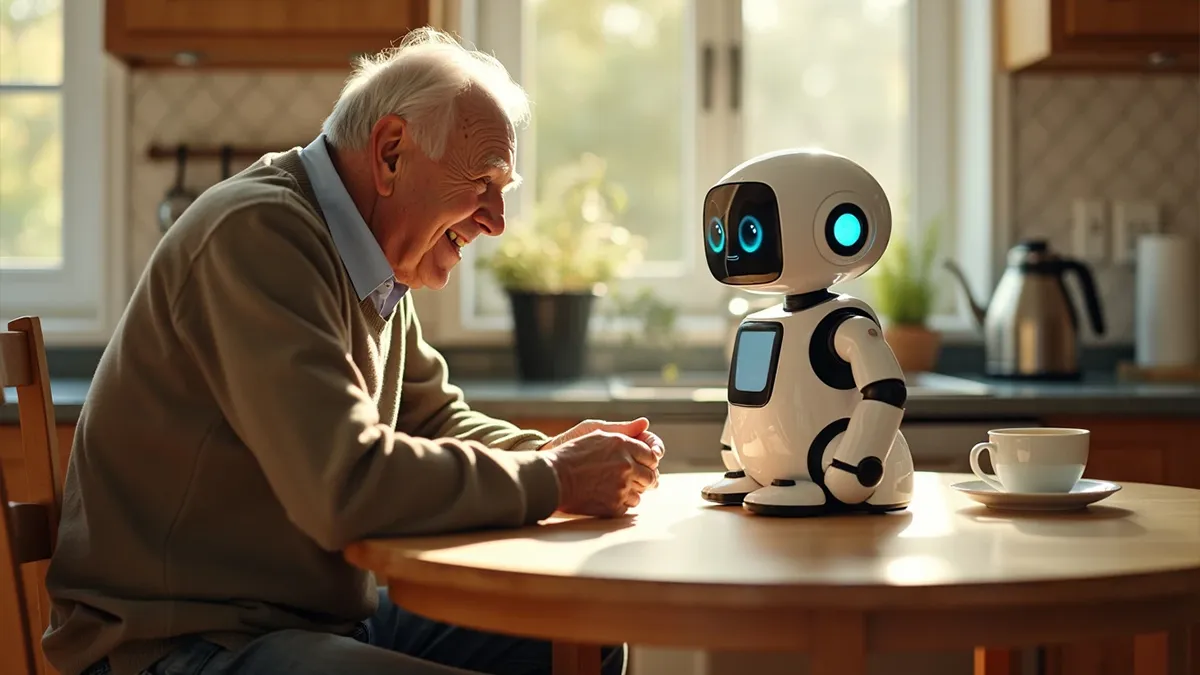
Have you ever imagined having a helper who’s always there for you, ready to answer your questions and make your day a little easier? That’s exactly how artificial intelligence can help—by being that constant support you need, simplifying everyday tasks and improving your quality of life.
Well, that’s exactly how artificial intelligence can help. It’s beginning to transform daily life, and its potential to assist older adults is truly incredible.
Many seniors struggle to use technology. After all, for those who have spent much of their lives without computers, smartphones, and social media, it can be challenging to keep up with the changes that seem to arrive faster every day.
However, AI has the potential to make this experience smoother, more practical, and even fun.
Table of Contents
The Advantages of AI for Seniors
Let’s take a look at some of the advantages that AI can offer to those in their golden years:
1. Virtual Assistants: A Helping Hand
Virtual assistants like Alexa, Siri, and Google Assistant are like personal helpers that never take a day off. They can do things such as:
- Remind you to take medication: Just ask, and the assistant will remind you at the right time.
- Answer simple questions: Is it cold today? What time is your favorite TV show? Instead of searching the internet, just ask.
- Call for help: In an emergency, all you need is a voice command, and the assistant can call a relative or even emergency services.
These tools are simple to use — they don’t require tapping on complicated screens, which is great for those who aren’t as comfortable with technology.
2. Companionship Against Loneliness
Loneliness is a problem that affects many seniors, especially those who live alone. What if a robot could talk, listen to your stories, and even tell jokes?
Research is already being done on companion robots, like ElliQ, which can offer companionship, encourage exercise, and remind users of their daily activities. It’s not about replacing human contact but about providing an extra layer of support, especially on days when no one can visit.
“Having someone — or something — always there, ready to listen, can make a big difference for those who face loneliness.”
3. Health and Safety: AI Taking Care of You
There are AI-powered health devices that help monitor vital signs and send automatic alerts to family or doctors if something seems wrong. Imagine a smartwatch that detects if you’ve fallen and immediately calls for help.
These advances bring more safety and peace of mind, both for seniors and their families.
In the future, we can imagine intelligent sensors throughout the house that not only monitor falls but also detect changes in behavior or health patterns — such as when someone is less active than usual — and notify the family.
It would be like having a pair of eyes looking after you discreetly, without invading your privacy.
Potential Risks: The Fine Line Between Technology and Humanity
Of course, every innovation comes with its risks. Let’s discuss some of them:
1. The Risk of Dehumanization
Although the idea of a companion robot is intriguing, we need to think about an important question: what about human contact? Are we replacing real connections with artificial solutions?
It may be convenient to have a robot that listens, but this should not become an excuse for family members to visit their elderly loved ones less or for fewer caregivers to be available.
Human contact is essential, and AI should be used as a complement, not a replacement.
“AI can help, but it can never replace the warmth of a friendly hand or the care of a heartfelt conversation.”
2. Privacy and Data Security
Another critical point is privacy. Many of these AI devices collect information — about health, habits, location. How can we ensure that this data is secure and not used improperly?
Seniors often may not understand the terms and permissions they are granting, leaving them vulnerable to misuse of their personal information.
Existing Solutions Already Helping
Despite the risks, many AI solutions are already helping seniors take advantage of this new technological wave. Let’s explore a few:
- Simple Tablets and Phones with Virtual Assistants: Devices with larger buttons and more intuitive interfaces, such as GrandPad, make it easier for seniors to access video calls and messages, keeping them connected with family.
- Health Devices Like the Apple Watch: In addition to monitoring health, the Apple Watch can detect falls and send alerts, offering extra safety for those living alone.
- Social and Companion Robots: Besides ElliQ, robots like Paro, a seal-shaped robot that responds to touch, help reduce stress and loneliness in elderly homes.
- Memory and Cognitive Training Apps: Apps like Lumosity help keep the mind active with games and challenges that improve memory and reasoning.
The Future of AI for Seniors
The future looks promising when we think about AI helping seniors. We can imagine:
- Full Smart Home Integration: Sensors, assistants, and even robots helping with daily chores, such as cooking or cleaning, to allow seniors to live more autonomously and comfortably.
- More Human Connections: Imagine a robot that not only responds but learns its user’s preferences and mood, adapting conversations to be more engaging and comforting.
- AI Encouraging Real Social Connections: Assistants that automatically schedule gatherings with friends, remind of birthdays, and encourage real interactions could be a very desirable future.
Conclusion: AI as an Ally, Not a Substitute
AI has tremendous potential to help seniors live more comfortably, safely, and even happily. It can be that friendly hand in moments of loneliness, ensure safety at home, and make the use of technologies that once seemed too complicated more accessible.
But it’s important to remember that technology should be used to connect us, not to isolate us. Human contact, care, and attention are irreplaceable. AI should be our ally, not our only companion.
Now tell me, do you know someone who could benefit from having a virtual assistant or an AI device? How do you see the balance between technology and humanity for older adults?
AI for Mental Wellness: Apps That Support Emotional Health
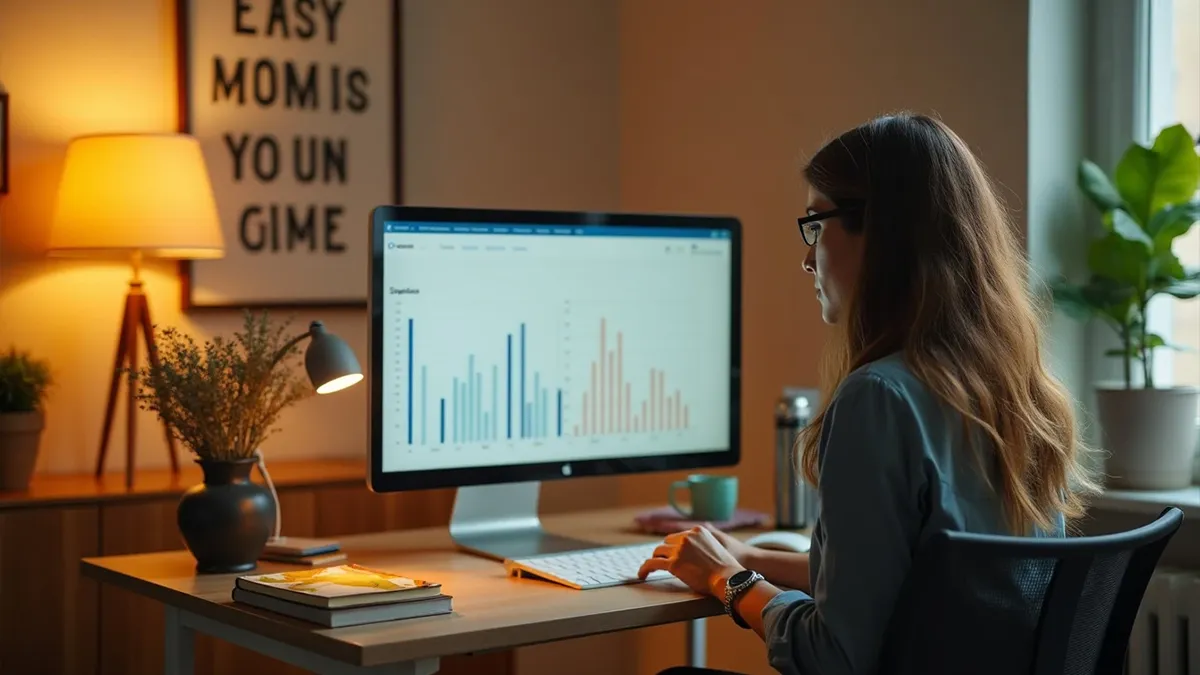
AI for Mental Wellness in today’s busy world is like having a helping hand when emotions feel like a roller coaster. Whether you’re juggling school, work, or just life, it can seem almost impossible to avoid emotional stress.
But what if you had a pocket-sized guide to support you through those tough moments? Sounds amazing, doesn’t it?
With AI in your pocket, you don’t have to face those ups and downs alone. AI-powered apps are stepping up, offering ways to keep track of your mood, help you relax, and even suggest exercises to lift your spirits.
These apps are like having a little mental health coach that’s ready when you are, helping you feel better in real time.
Let’s explore how these AI apps are changing the game, not just for you but for healthcare providers too!
Table of Contents
How AI Helps You Stay on Track
Picture this: It’s been a rough day. You’re feeling anxious, stressed, or maybe just down. Instead of waiting days for a therapy appointment, you pull out your phone and open an app that asks, “How are you feeling right now?” It’s like magic.
Apps like Wysa and Woebot make that magic happen. These clever little AI bots chat with you, ask about your day, and even offer helpful tips to calm your mind.
Feeling stressed? Wysa will guide you through a breathing exercise. Feeling lonely? Woebot might suggest journaling your thoughts.
The best part? You get personalized support, right there in your pocket, any time of day.
“With AI-driven apps, mental wellness tools are always available, offering timely support when you need it most.”
These apps aren’t just guessing either. They learn about you and your patterns. If you’re often stressed on Mondays, the app might suggest extra mindfulness exercises on Sunday night.
It’s like having a tiny therapist who gets to know you better every day.
The View from a Health Provider’s Perspective
But what about health providers? You might be thinking, “Can an app really replace a therapist?”
Not exactly. But here’s the twist: AI apps aren’t about replacing therapists; they’re about working together with them.
For therapists and doctors, these apps provide valuable information about how someone’s feeling over time. When you track your mood using an app, your therapist gets to see how your emotions have been during the week.
This helps them understand your ups and downs and plan better ways to help you.
It’s like having a window into your mental health journey, giving therapists a clearer picture of what’s going on, even when you’re not in their office. Tools like Moodpath allow therapists to check emotional trends, making sessions more effective.
Instead of starting every appointment from scratch, they already know where you’re at, ready to dive deeper.
“AI in mental wellness apps enhances the relationship between therapists and patients, offering data that leads to more personalized care plans.”
What Can AI Mental Wellness Apps Do?
Here’s what you can expect from these AI-powered apps:
- Mood Tracking: Track your emotional highs and lows to get a better grip on how you’re feeling over time. This helps both you and your therapist.
- Mindfulness Exercises: Apps like Calm and Headspace guide you through relaxing exercises, designed to lower stress and help you sleep.
- Personalized Support: Whether it’s a tough day or just a moment of anxiety, apps like Youper tailor exercises to your needs in real time.
- 24/7 Availability: Unlike traditional therapy sessions, AI apps are always ready when you need them. Whether it’s the middle of the night or a busy afternoon, help is always in your pocket.
“Mental wellness apps aren’t just for individuals—they’re powerful tools that help healthcare providers improve care quality and patient engagement.”
AI for Mental Wellness: Challenges
Now, while these apps are amazing, they’re not without some bumps in the road. For you, relying too much on AI without seeing a real therapist could become a problem.
AI can offer great support, but it can’t replace the empathy and understanding that only a human can provide.
For health providers, privacy is a big deal. These apps collect sensitive data, and it’s crucial that information stays safe. Providers need to ensure that all the data is secure and handled responsibly.
There’s also the question of accuracy. Sure, AI can track your mood, but it might miss those little clues that only a therapist would notice, like body language or tone of voice.
Looking Ahead: The Future of AI in Mental Wellness
So, what’s next for AI in your pocket? The possibilities are endless! For individuals, these apps will likely become even smarter, learning your emotional patterns with more precision.
And for health providers, AI tools will keep improving the way they track and manage care for their patients.
But remember, these AI apps are meant to complement, not replace, human care. By combining the best of both worlds, individuals and healthcare providers can work together to create a future where mental wellness is more manageable, personal, and accessible.
“AI isn’t here to replace human care—it’s here to complement it, giving both individuals and healthcare providers new ways to stay connected.”
Conclusion
With AI in your pocket, mental wellness apps are changing the way we care for our emotional health. Whether you’re looking for support on a tough day or tools to manage stress long-term, these apps have your back.
For health providers, AI means better, more personalized care. And for individuals, it’s about getting help when you need it most. As AI continues to evolve, the future of mental wellness will only get brighter, more accessible, and more personal.
So why not give it a try? Let AI be your guide in this journey toward better emotional health.
-

 Personal Growth & Mindset5 months ago
Personal Growth & Mindset5 months agoTed Lasso Effect: 5 Goal-Setting Secrets You Must Know
-

 AI & Future Trends10 months ago
AI & Future Trends10 months agoAI in Time Management 2024: A New Era of Productivity for Business Leaders
-
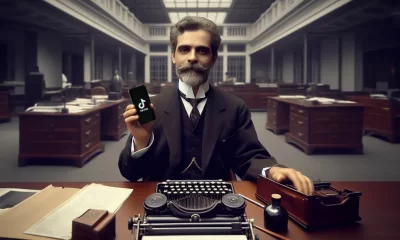
 Personal Growth & Mindset6 months ago
Personal Growth & Mindset6 months agoMachado de Assis: This Viral TikTok Explains Why You Need to Read ‘The Posthumous Memoirs of Brás Cubas’ Now
-

 Career & Success11 months ago
Career & Success11 months ago30 Key Strategies for Growth: Mindset, Productivity & Wellness
-

 Career & Success6 months ago
Career & Success6 months agoChallenges of Not Having Goals: 5 tips to help you get started
-

 Personal Growth & Mindset11 months ago
Personal Growth & Mindset11 months agoBreaking Free from the Shackles of Bad Habits: 5 books to help you



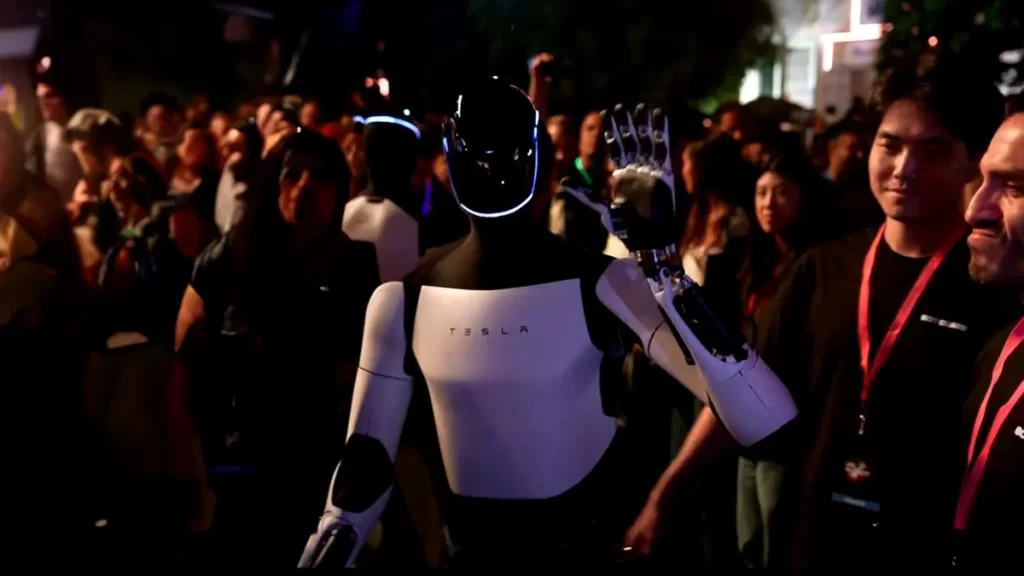

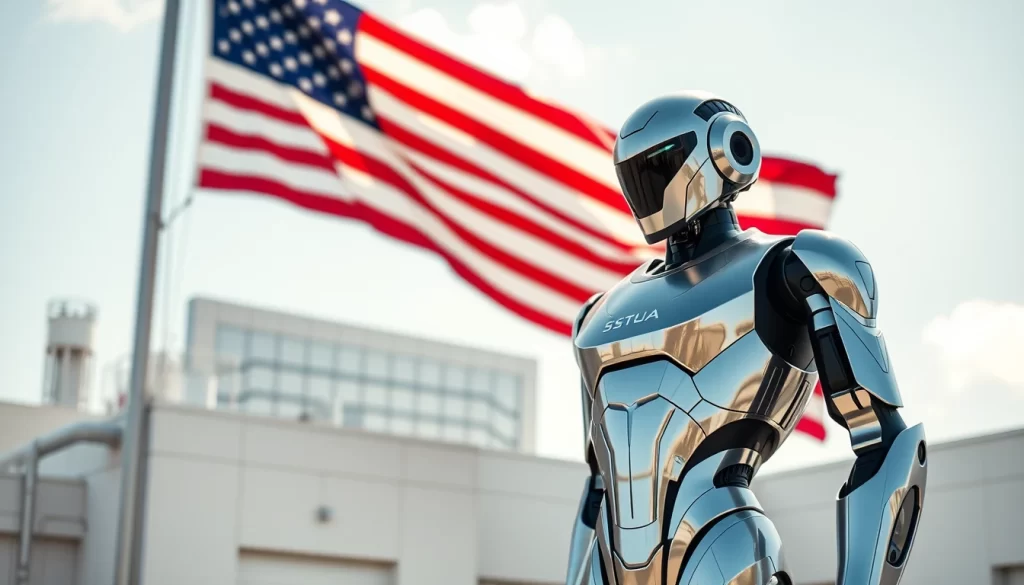


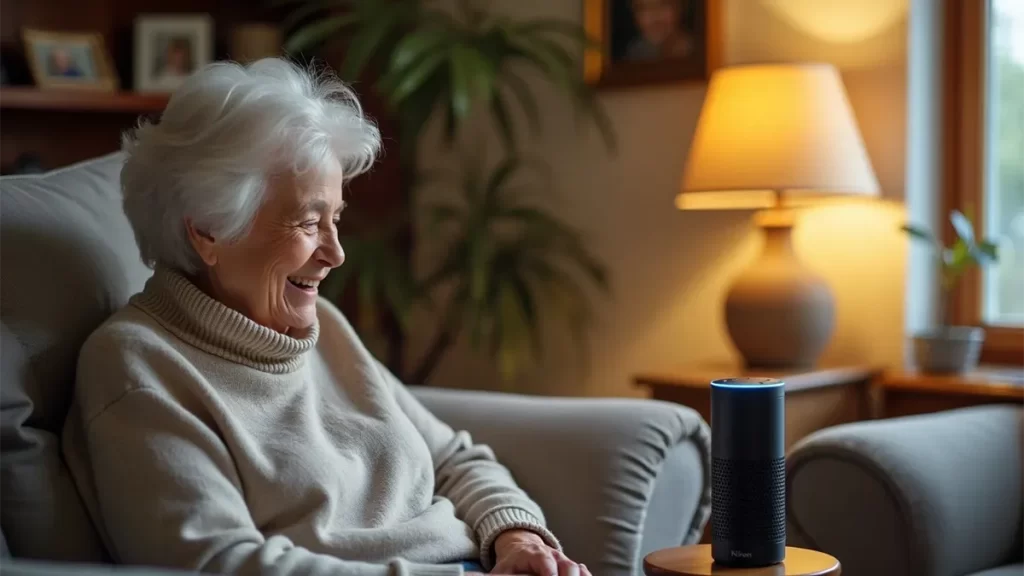
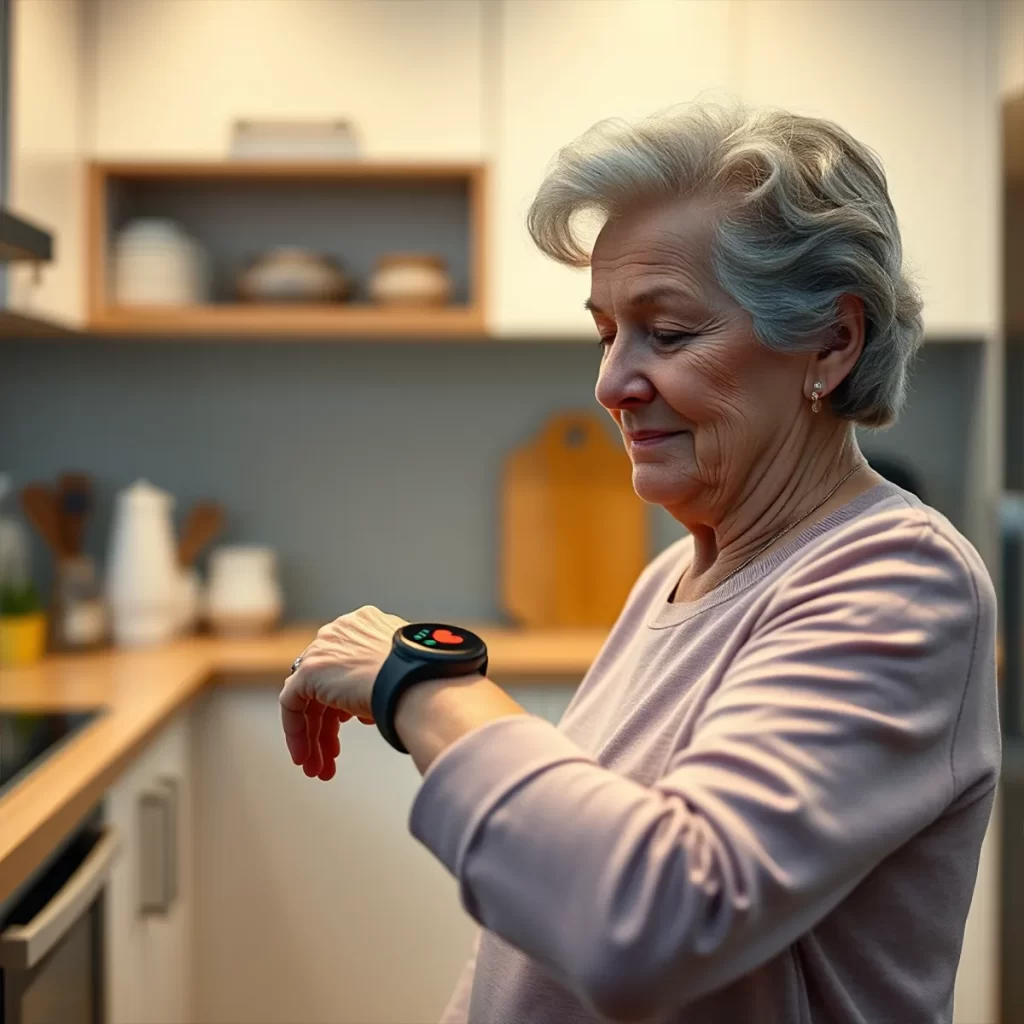
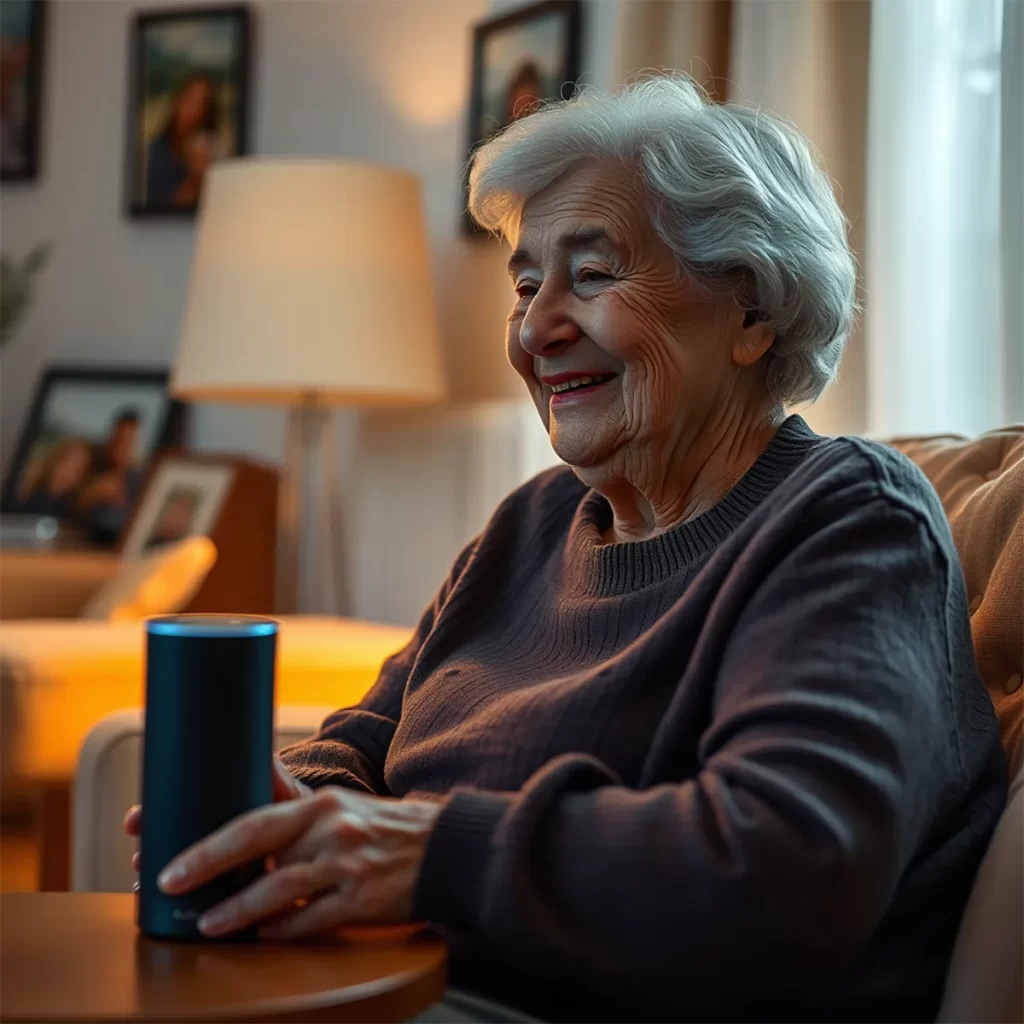
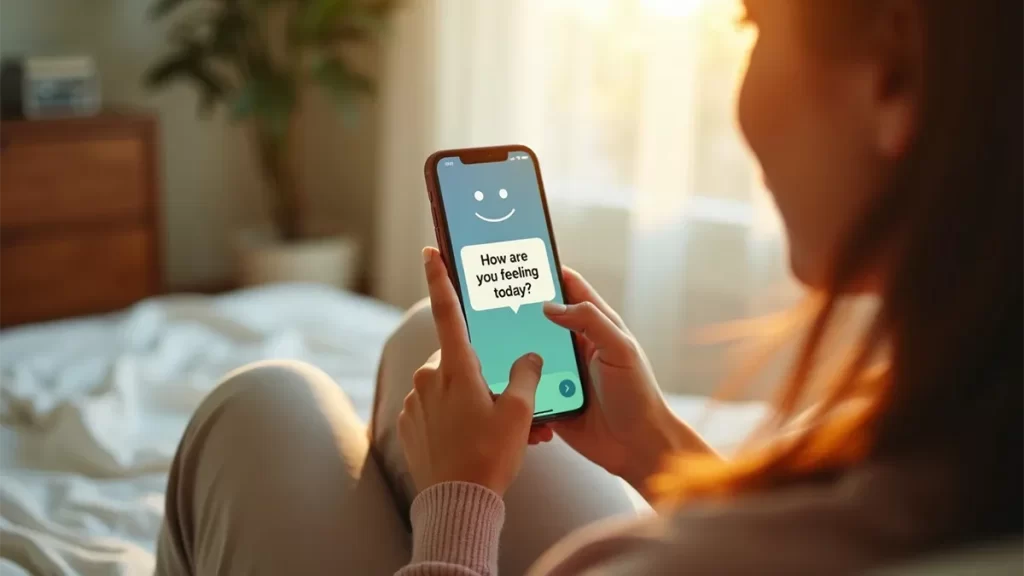












Pingback: AI Motivation: Your New Superpower for Crushing Goals 2024 - Growth Journey Hub
Pingback: Digital Detox for Couples: Enhancing Intimacy in a Hyper-Connected World 2024 - Growth Journey Hub
Pingback: AI in Entertainment: Personalizing Your Streaming Experience - Growth Journey Hub
Pingback: 5 Steps to Navigate Your Return to Work After a Sabbatical and Reignite Your Career - Growth Journey Hub
Pingback: 5 Effective Conflict Resolution Strategies for the Workplace - Growth Journey Hub
Pingback: 5 Strategies for Navigating Hybrid Work Environments: Succeeding in a New Era of Work - Growth Journey Hub
Pingback: Mastering Cultural Competence: Navigating Cross-Cultural Communication in 2024 - Growth Journey Hub
Pingback: Extended Fasting: 8 Surprising Benefits I Discovered During My 48-Hour Journey - Growth Journey Hub
Pingback: 5 Essential Networking Tips for Introverts in 2024 (Without the Awkwardness) - Growth Journey Hub
Pingback: The Future of Human-AI Symbiosis: Merging Minds and Machines - Growth Journey Hub